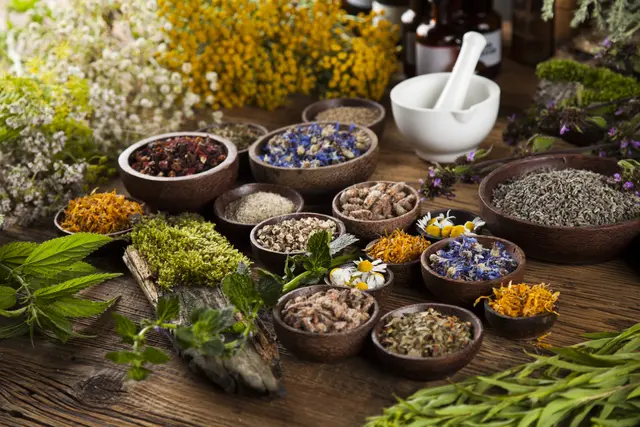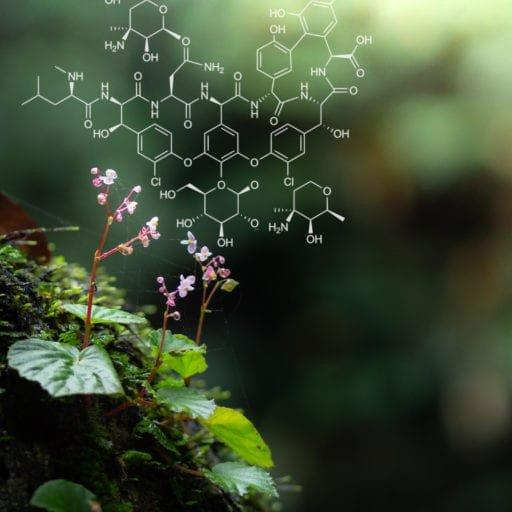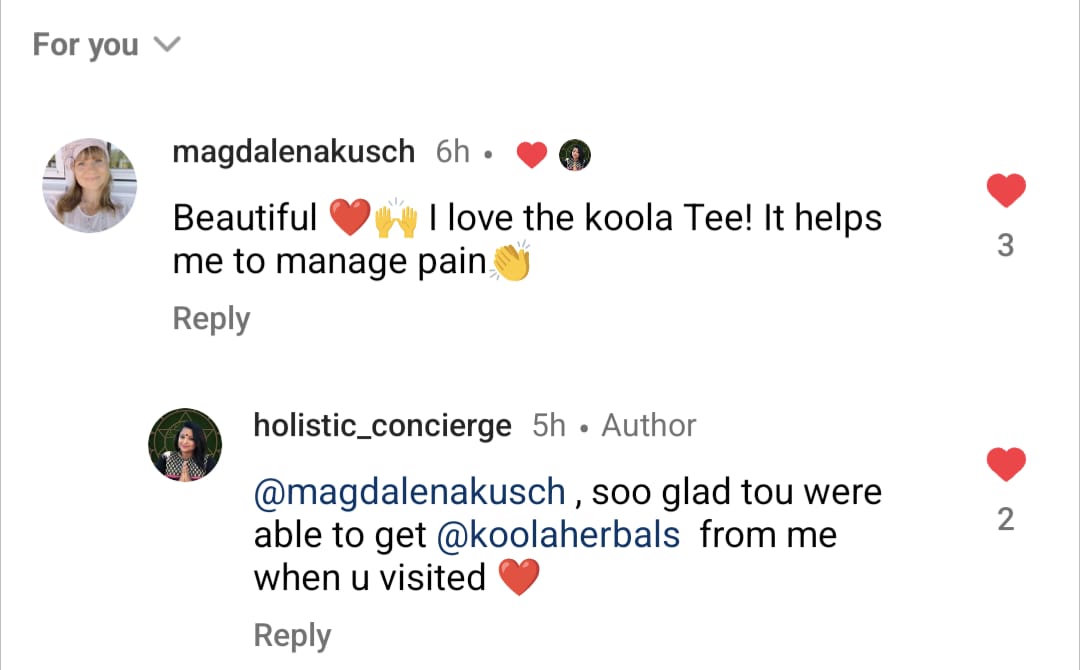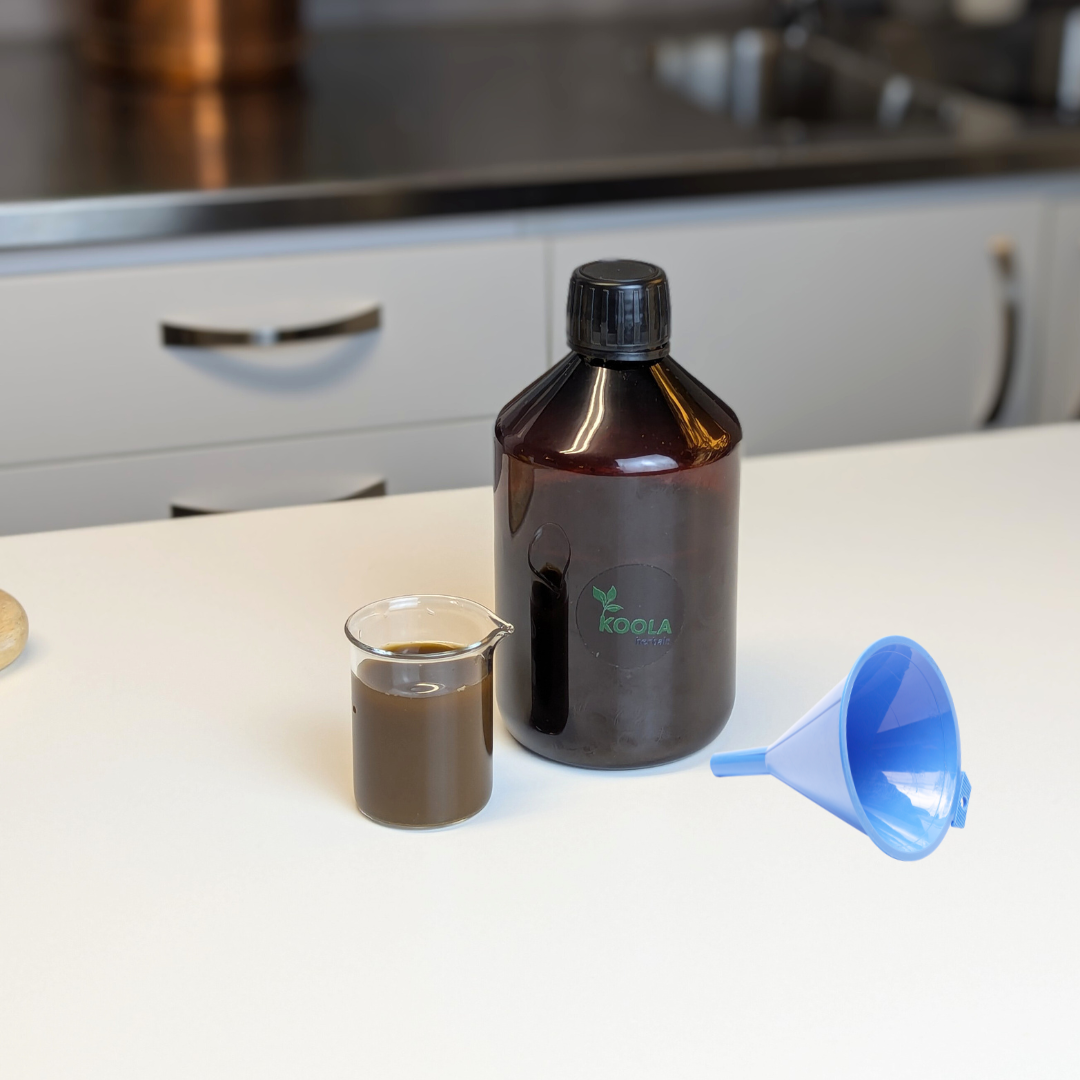Phytochemicals in Traditional African Herbs: A Potent Remedy for Period Pain
Millions of women around the world suffer from period pain, a condition that can disrupt daily life and leave many searching for effective relief. While pharmaceutical options are widely available, they often come with side effects that make long-term use less appealing. In contrast, traditional African herbs, rich in bioactive phytochemicals, have been used for generations to provide natural and effective relief from menstrual discomfort.
Could these time-tested remedies hold the key to easing period pain safely and sustainably?
Read on to explore how the phytochemicals in East African medicinal plants offer a potent alternative for managing menstrual cramps.

Why Would Herbs Work for Managing Period Pain?
Traditional African medicine offers a natural alternative to pharmaceutical treatments for period pain, which can come with side effects when used long-term. Medicinal plants used in East Africa, such as Zanthoxylum chalybeum, Hibiscus sabdariffa, and Ocimum gratissimum, are rich in phytochemicals with pain-relieving, anti-inflammatory, and antispasmodic properties. These compounds naturally reduce uterine contractions and inflammation, making them effective for alleviating menstrual discomfort.

How Phytochemicals Work to Relieve Menstrual Pain
Phytochemicals in these plants help regulate the overproduction of prostaglandins, the compounds responsible for intense uterine contractions and inflammation during menstruation. Remedies prepared as teas, tinctures, or decoctions by traditional healers in East Africa effectively deliver these compounds to the body. The sustainable use of such natural remedies aligns with a growing preference for holistic and eco-friendly healthcare practices.

Scientific Validation and Global Potential of African Herbs
Research, including findings highlighted in NCBI articles, supports the efficacy of African herbs in reducing menstrual pain and inflammation. Unlike synthetic drugs, these natural remedies generally have fewer side effects, making them a safer long-term option. As science continues to validate traditional practices, East Africa’s wealth of medicinal plants has the potential to provide global solutions to menstrual discomfort.
NCBI is the U.S. National Center for Biotechnology Information
Sele Tea
The period pain, PMS blend
Share







Read more about Women's health
View all-

Menopause: What Happens in the Body?
Menopause is a natural part of aging that affects all women, though the experience varies greatly. It typically occurs between the ages of 45 and 55, starting with irregular periods...
Menopause: What Happens in the Body?
Menopause is a natural part of aging that affects all women, though the experience varies greatly. It typically occurs between the ages of 45 and 55, starting with irregular periods...
-

Women's Health - Feeling Good Through All Life ...
Health is personal, and your needs change over time. We provide tools and advice to help women navigate different life stages and health concerns.Koola Herbals: Natural Healing and EmpowermentKoola Herbals...
Women's Health - Feeling Good Through All Life ...
Health is personal, and your needs change over time. We provide tools and advice to help women navigate different life stages and health concerns.Koola Herbals: Natural Healing and EmpowermentKoola Herbals...
-

Supplements & Vitamins During Menopause
During menopause, hormonal changes, particularly a drop in estrogen, lead to various physical and emotional symptoms. Menopause is divided into three stages: perimenopause (before the last period), menopause (when periods...
Supplements & Vitamins During Menopause
During menopause, hormonal changes, particularly a drop in estrogen, lead to various physical and emotional symptoms. Menopause is divided into three stages: perimenopause (before the last period), menopause (when periods...





